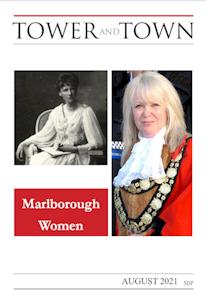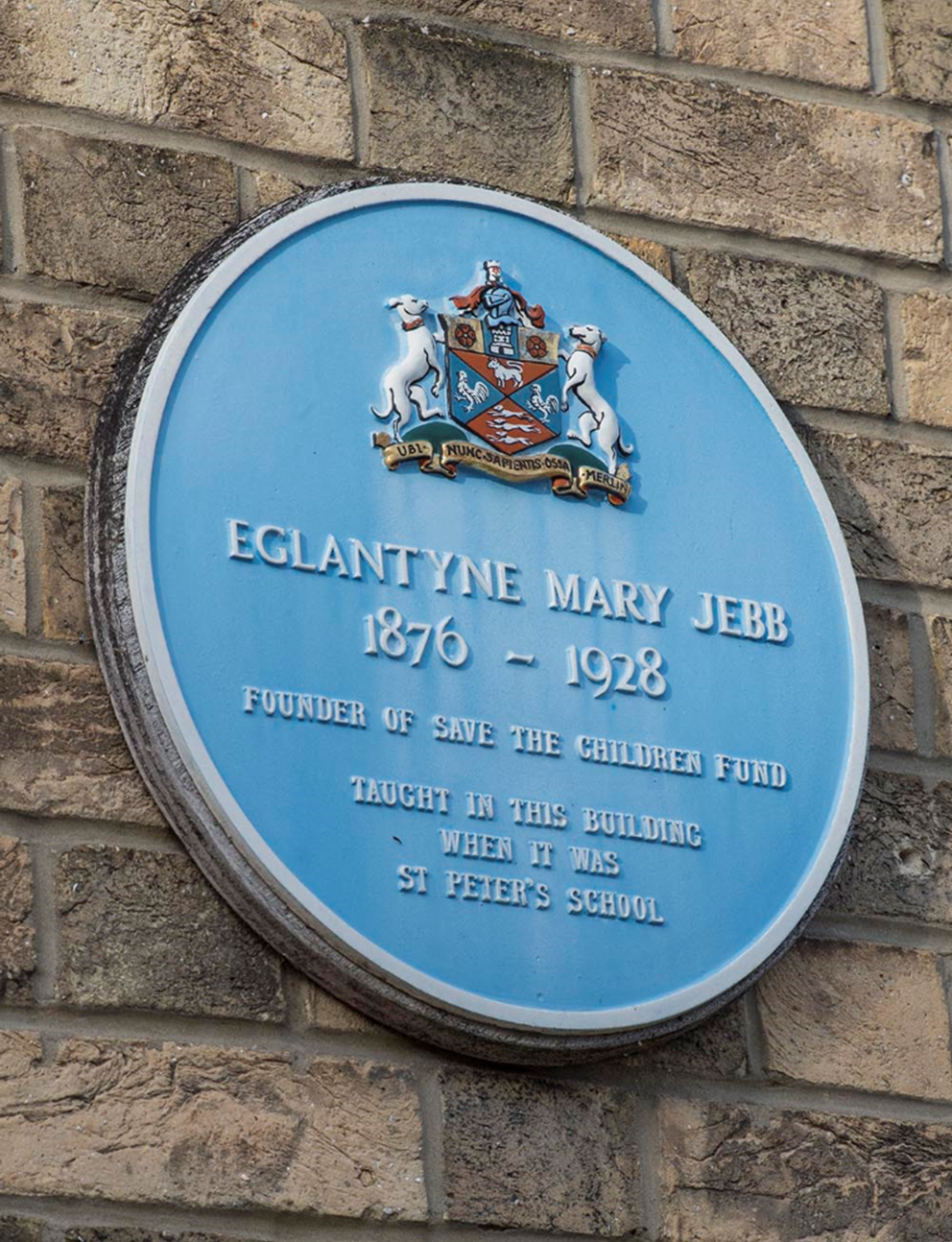

Tower and Town, August 2021 (view the full edition) (view the full edition)Clergy LetterThis is an edited version of an address given for the centenary of Save the Children at St Mary's Marlborough, December 2019. There are times in life when each of us experiences the world turned on its head: times of loss, or testing; new realisation or revelation that changes how we perceive the world around us. While these can often be disorientating and deeply challenging, they can also rearrange our priorities, our perspective - sometimes the whole course of our life. One of the earliest accusations against the first Christians was that they had 'turned the world upside down with their teaching'. What a wonderful complaint to have levelled against you - and certainly, in Christ's teaching, the usual ways are constantly reversed - the first shall be last, the meek inherit the earth, our enemies are the very ones we must love and pray for - to name a few examples. Another is his famous command to 'suffer little children' - the resonant phrase from St Matthew's Gospel, which is preceded by his challenge that no one becomes great unless they change and become like children. The importance of doing this in order to see things aright could mean different things: the need to retain our sense of wonder, for example. And we read this, of course, with 21st century eyes, from a culture in which childhood has a very different status and value - not least due to the vision and endeavour of charities like Save the Children. But in Jesus' day, children really were the least in society, having neither status nor rights of their own. To become childlike would be to become weak, powerless and utterly dependent on the charity of others. And while our culture is significantly different, the life of a child remains, of course, staggeringly vulnerable. As children, we simply receive whatever life gives or denies us - as Christians would say, children live entirely by grace. Jesus challenges us to make a headstand in their own perspective that enables them to see and feel on behalf of those who live like this: indeed, to realise their own utter dependence on others and on God and to let this realisation move them, impel them, to charitable action. It is easy to forget that a nation's values do not emerge by accident, but through this process - of seeing the world differently, and thus being moved to action. The great charitable impulse that was the engine of so much social change in this country came in large part from the Christian vision of women and men like Marlborough's own Eglantyne Jebb, whose bright firework of a life lit the way for so much good. So passionate was she for justice that she was nicknamed 'White Heat'. What an example: and what a local hero! The late Clive James wrote that 'a society is civilised to the extent that it understands human frailty'. Eglantyne Jebb, who the Church of England celebrates on 17th December each year (the date of her death in 1928), understood that frailty and devoted her life to helping others see the world from a child's perspective. May her example inspire us to do likewise - for the Kingdom of Heaven belongs to such as her.  Bishop Andrew |